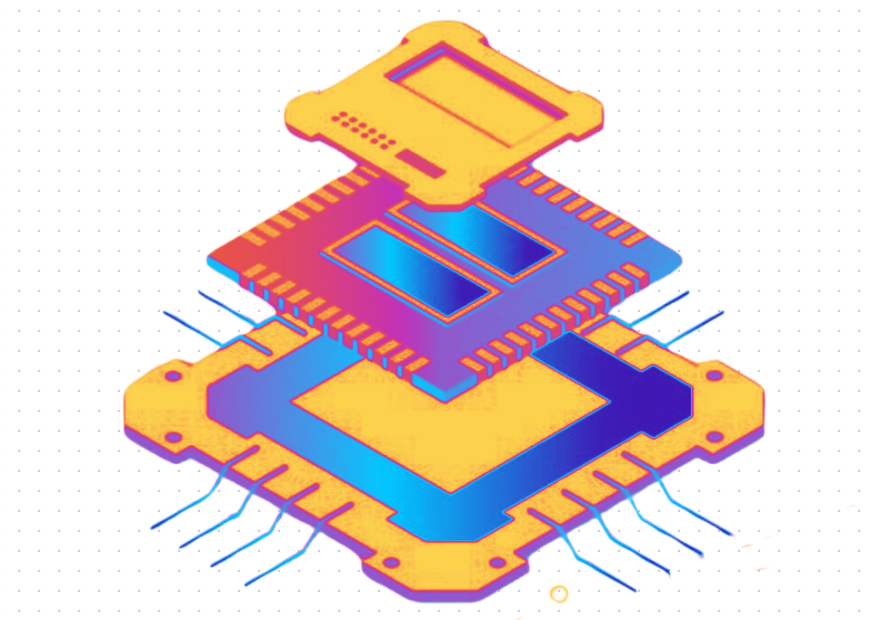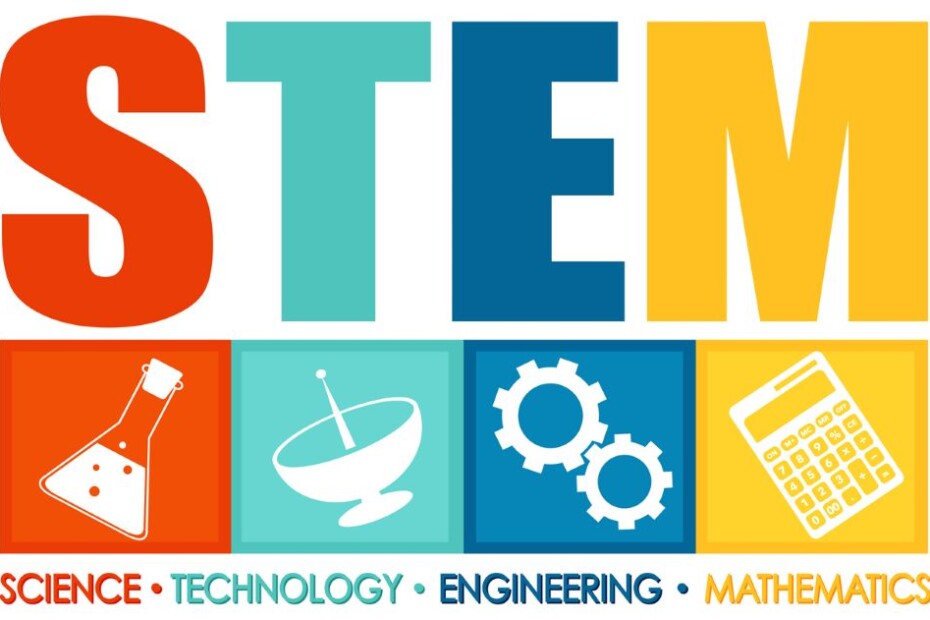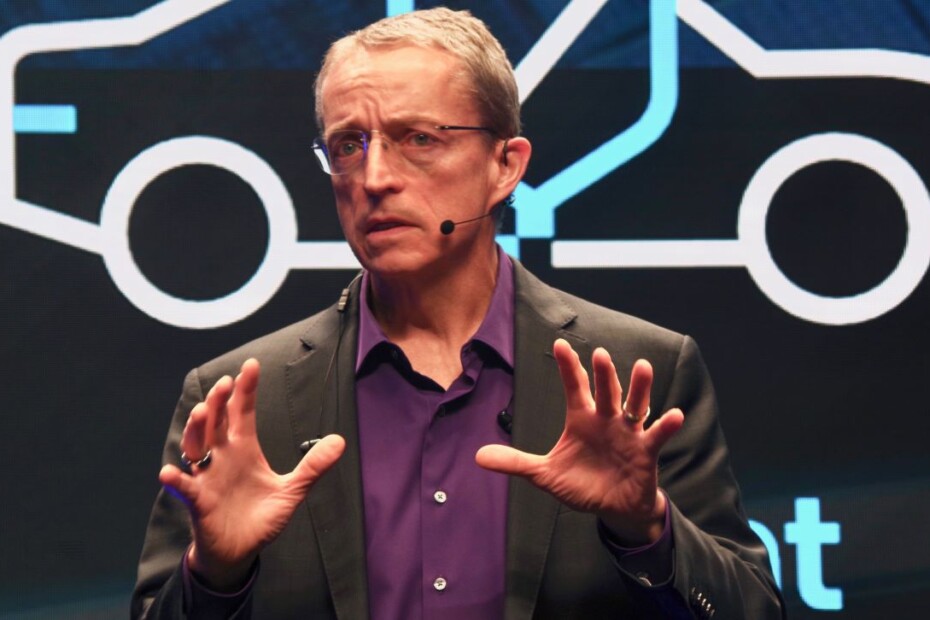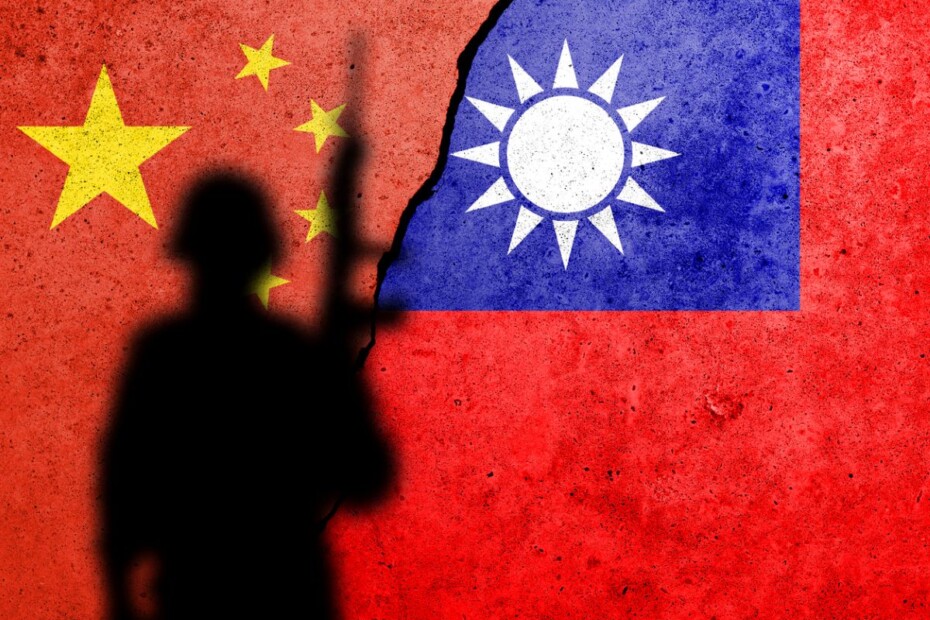Synopsys-Ansys to Bridge Digital, Physical Worlds
What’s at stake?
Synopsys’ planned acquisition of Ansys will first tackle complex multi-die silicon design issues for data centers and automotive. But will it also address the tension growing between digital and physical worlds such as AI-driven autonomous vehicles and the real-world traffic?
I don’t pretend to know a lot when it comes to designing and engineering systems. I’m not an engineer. But as I write more and more about so-called “smart” digital systems–whether in highly automated vehicles, ChatGPT, software-defined vehicles or AI-augmented devices–I can’t help but wonder how the software, semiconductors and components inside these systems are tested and validated for real-world challenges.
Read More »Synopsys-Ansys to Bridge Digital, Physical Worlds








